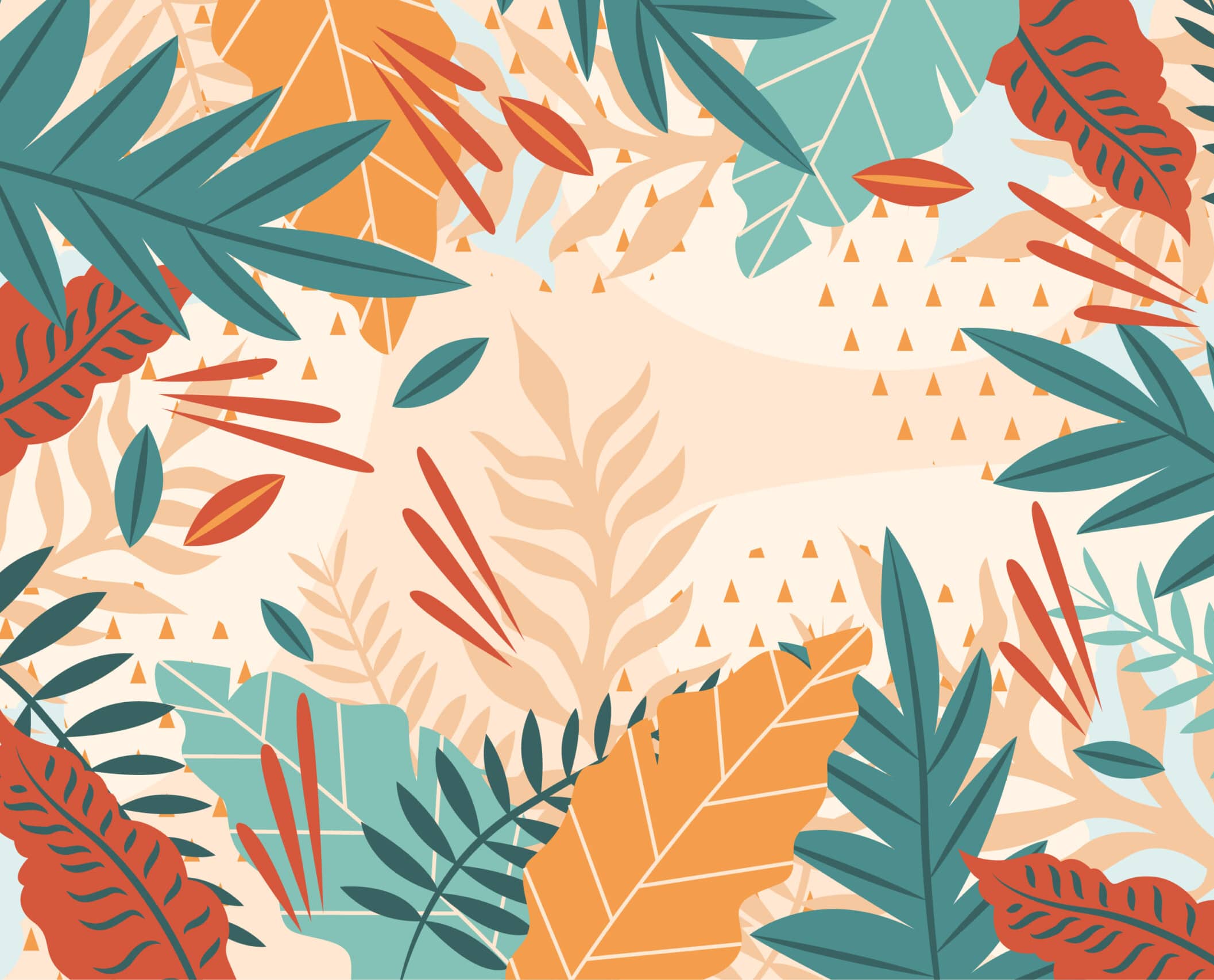Upcycling: recycling upwards

Recycling , as we all know, is the process of finding a second use for a product at the end of its life, whether of the same or inferior quality. A new development method, overcycling , aims to improve the quality of products destined to be thrown away. Upcycling consists of using products that are unusable or not consumable by industry in order to add value to them. These co-products, created during the manufacturing process of a main product, have no primary use and their generation is considered to be intentional and unavoidable. The aim of upcycling is to transform this waste from industry, usually the food industry, into a product of superior quality and utility. This development method is part of a sustainable development and social responsibility approach. It reduces the consumption of natural resources and the amount of waste produced by industry.
Consumers looking for natural and organic cosmetics
The cosmetics industry is currently very interested in this new method, partly because of consumer demand for natural, organic and eco-responsible cosmetics. Indeed, over the last twenty years, the use ofnatural ingredients has continued to grow significantly. Consumers’ interest in the environment is prompting companies to review their formulas in order to meet the demands of their customers, who have now become “active consumers”. While this approach was initiated by the establishment of the Nagoya Protocol, the demand for transparency and naturalness has been greatly amplified by the Covid-19 crisis we experienced in 2020. This global pandemic has led to numerous border closures, increased transport costs, a general worldwide lockdown which has halted or slowed down most production of raw materials, etc..
These unprecedented disruptions to the traditional supply chains for natural cosmetic ingredients, which are generally exported from faraway countries, have prompted consumers and manufacturers to reflect on their consumption patterns. Just as consumers have turned to local producers for their food, so too have manufacturers, who have increasingly begun to think about regional and even local supply systems. They therefore turned to second choice ingredients, i.e. ingredients (fruit, vegetables, etc.) considered unsuitable for the agri-food industry, or to other products destined to be thrown away (peelings, seeds, leaves, etc.).
Groupe Berkem restores value to initial materials by adopting overcycling
A French company specialising in plant extraction, Groupe Berkem works for a variety of sectors, including agri-food, cosmetics and nutraceuticals. Since the 1970s, co-products from the wine and wood industries, such as grape seeds and maritime pine have been used by Groupe Berkem to develop some of these extracts. Target molecules are extracted from these two co-products, purified polyphenols purified polyphenols, which proves the major interest in exploiting these products, considered as waste by certain industries.
In the 2000s, Groupe Berkem began developing cosmetics ranges, using co-products as raw materials, mainly from the food industry. As a result, a number of extracts have been developed that are considered to be active ingredients in cosmetics. These extracts include Ko’zen, extracted from quince leaves, Sun’chronize, extracted from crocus flowers grown from saffron, Myrti’lla, extracted from bilberry leaves, and Urban’hair, extracted from raspberry leaves, which has anti-pollution properties. All these extracts have been objectivised, have numerous properties and come from controlled sourcing.
By developing extracts from products that are no longer needed in other industries, Groupe Berkem is reducing its consumption of natural resources and becoming part of a circular, ecological and ethical economy.